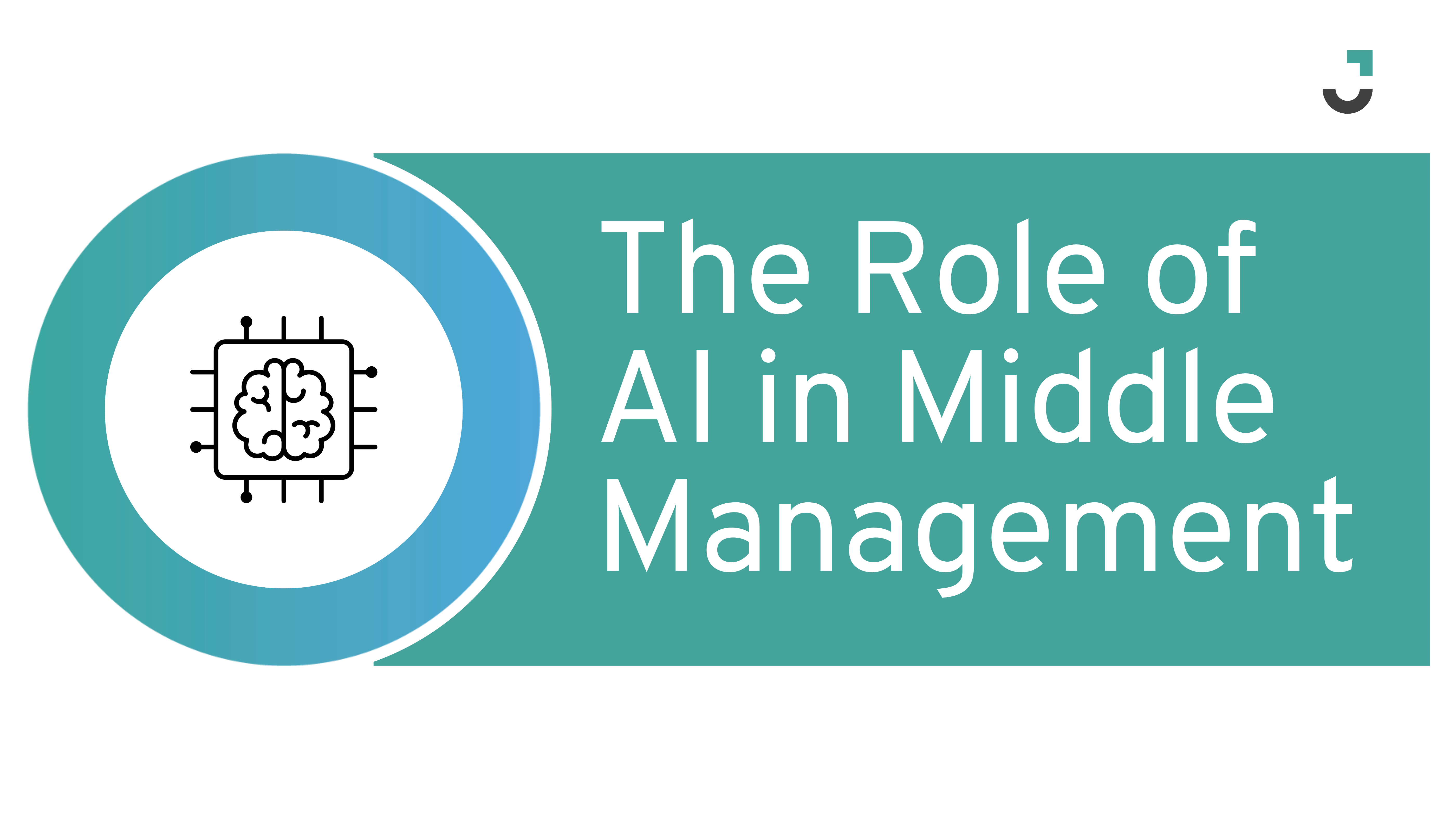The post-COVID world is transforming the business landscape, and middle management is at the forefront of this evolution. With the rise of artificial intelligence (AI), middle managers are rethinking their roles, responsibilities, and the skills they need to thrive. This blog explores how AI is reshaping middle management, the challenges it presents, and the opportunities it offers for future-proofing these crucial positions.
AI's Growing Influence in Management
AI technologies are becoming increasingly integrated into business operations, and their influence on middle management is profound. AI tools are capable of automating a wide range of tasks traditionally performed by middle managers, including:
-
Data Analysis and Reporting: AI can analyze vast amounts of data quickly and accurately, providing insights that inform decision-making. This reduces the time managers spend on data crunching and report generation.
-
Performance Monitoring: AI systems can continuously monitor employee performance, identify trends, and flag potential issues. This allows managers to focus on addressing problems and supporting their teams rather than getting bogged down in routine monitoring.
-
Project Management: AI-driven project management tools can track project progress, allocate resources, and predict potential bottlenecks. These tools enhance efficiency and ensure projects stay on track without constant human oversight.
-
Decision-Making Support: Advanced AI algorithms can provide recommendations and predictions based on historical data and current trends, aiding managers in making informed decisions quickly and confidently.
The Challenges of AI Integration
While AI offers numerous benefits, its integration into middle management roles comes with challenges. Managers must navigate the complexities of:
-
Technological Adaptation: Embracing AI requires managers to develop a solid understanding of new technologies and how they can be applied effectively. This may involve extensive training and a willingness to continuously update their skill sets.
-
Job Redefinition: As AI takes over routine tasks, managers may need to redefine their roles. This shift requires a focus on areas where human skills are irreplaceable, such as strategic thinking, emotional intelligence, and complex problem-solving.
-
Trust and Reliability: Building trust in AI systems is essential. Managers must ensure that the data and insights provided by AI are reliable and transparent, and this trust can be built by understanding the data used and learning theory behind the AI.
Opportunities for Future-Proofing Middle Management
Despite these challenges, AI presents significant opportunities for middle managers who are willing to adapt and evolve. Key strategies for leveraging AI effectively include:
-
Embracing Continuous Learning: Managers should commit to lifelong learning, staying abreast of the latest AI developments and understanding how they can be applied in their roles. This proactive approach will ensure they remain relevant and valuable.
-
Focusing on Human-Centric Skills: While AI excels at data-driven tasks, it cannot replicate human attributes such as empathy, creativity, and ethical judgment. Managers who emphasize these skills will complement AI technologies and enhance their team's performance.
-
Leveraging AI for Strategic Advantage: Rather than viewing AI as a threat, managers can use it to gain a strategic advantage. By utilizing AI to handle routine tasks, they can focus on higher-level strategic initiatives that drive business growth and innovation.
-
Championing AI Integration: Managers who lead the charge in integrating AI into their organizations can position themselves as forward-thinking leaders. This involves advocating for AI adoption, guiding their teams through the transition, and demonstrating the value of AI-driven insights and efficiencies.
Embracing the AI-Enhanced Future
The role of middle management is undoubtedly evolving in the post-COVID world, with AI playing a pivotal role in this transformation. While challenges exist, the opportunities for those who embrace AI are vast. By adapting to new technologies, focusing on uniquely human skills, and leveraging AI for strategic purposes, middle managers can navigate this period of change successfully and emerge as key drivers of innovation and growth in their organizations. The future of middle management is not about replacing human managers with machines, but about enhancing human capabilities with the power of AI.

